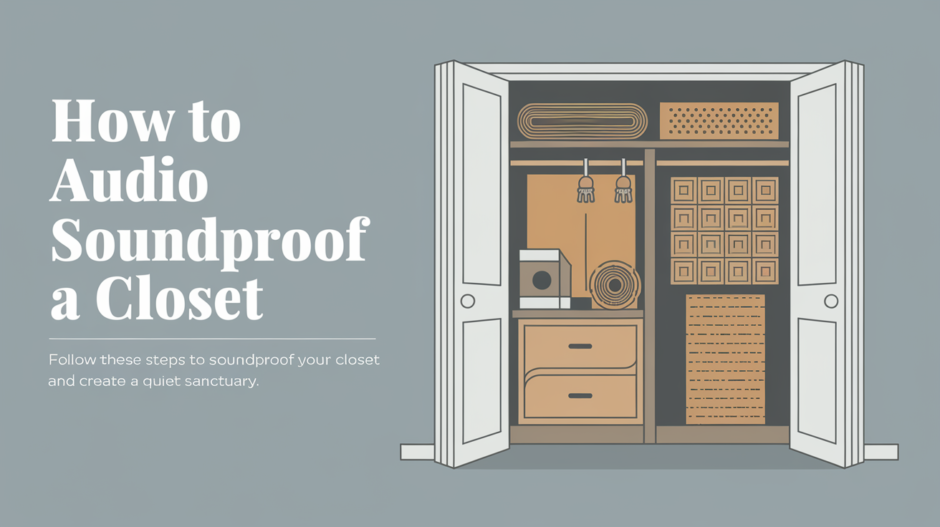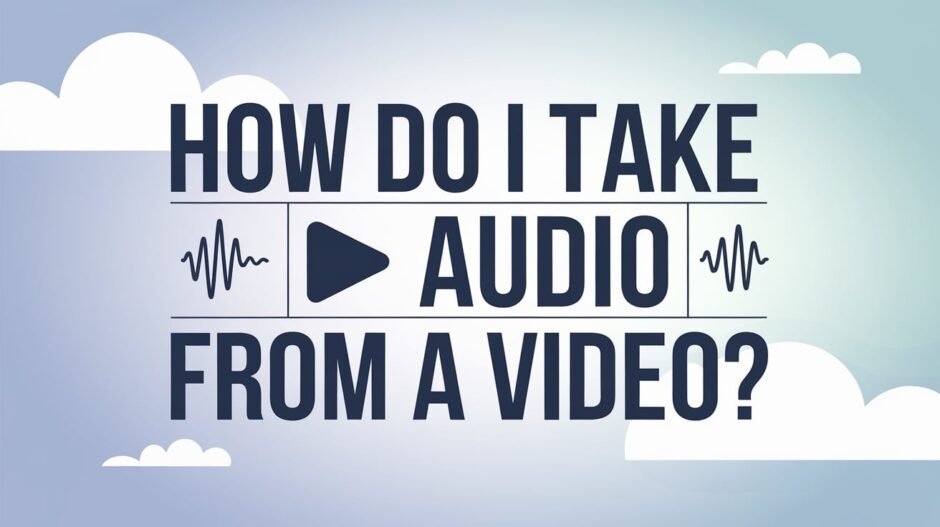
What is the difference?
Have you ever wondered about the difference between digital and analog sound mixers? Imagine a world where music is created with the touch of a button, or where every note can be manipulated effortlessly. The debate between digital and analog sound mixers has been ongoing for years, with each side arguing for its superiority. In this article, we will explore the key differences between digital and analog sound mixers, as well as their pros and cons.
When it comes to choosing between digital and analog sound mixers, the decision often boils down to personal preference and desired outcome. Digital sound mixers offer unprecedented flexibility and precision, allowing for endless possibilities when it comes to manipulating audio tracks. On the other hand, analog sound mixers are praised for their warmth and character, offering a more organic and authentic sound that many purists swear by.
Whether you’re a seasoned audio engineer or just starting out in the world of sound mixing, understanding the nuances of digital vs analog sound mixers is crucial. By examining the features, benefits, and drawbacks of each type of mixer, you’ll be better equipped to make an informed decision based on your specific needs and preferences. So sit back, grab your headphones, and let’s delve into the fascinating world of digital vs analog sound mixers.
Differences In Signal Processing:
When comparing digital vs analog sound mixers, the key differences lie in their signal processing capabilities. Analog sound mixers process audio signals using electrical voltages, whereas digital mixers utilize digital technology for signal manipulation. Understanding these distinctions is crucial for determining which type of mixer best suits your needs.
Analog vs digital sound mixers offer contrasting approaches to signal processing. Analog mixers rely on physical components and circuits to amplify and manipulate audio signals, resulting in a warmer and more organic sound quality. On the other hand, digital mixers convert incoming audio signals into binary code for processing, offering precise control over every aspect of the audio signal with minimal noise interference.
In terms of ease of use and flexibility in mixing options, analog vs digital sound mixer preferences may vary depending on individual preferences and requirements. Analog mixers are often favored by those who prefer a hands-on approach to mixing and appreciate the tactile feedback provided by physical knobs and sliders. Digital mixers, on the other hand, offer intuitive interfaces with features such as presets and automation tools that streamline the mixing process for users seeking efficiency and convenience.
Exploring how digital sound mixers process audio signals using digital technology while analog mixers operate based on electrical voltages reveals significant implications for sound quality, ease of use, and flexibility in mixing options.
Digital Sound Mixers Process Audio Signals Using Digital Technology While Analog Mixers Process Signals Using Electrical Voltages.
When comparing analog and digital sound mixers, it is important to understand how they differ in signal processing. Analog mixers rely on electrical voltages to manipulate audio signals, whereas digital mixers use digital technology for signal processing. This distinction has a significant impact on the overall sound quality, ease of use, and flexibility in mixing options.
Analog mixers work by directly manipulating electrical currents to adjust volume levels, EQ settings, and other parameters. This method can introduce noise and distortion into the audio signal due to the inherent limitations of analog technology. On the other hand, digital mixers convert incoming audio signals into binary code for processing. This allows for more precise control over various aspects of the sound, resulting in cleaner and more accurate output.
In live sound environments, the choice between an analog or digital mixer can greatly affect the workflow and final result. Digital mixers offer greater flexibility with features like recallable presets, built-in effects processors, and remote control capabilities. These advantages make it easier for engineers to quickly dial in their desired sound without having to manually adjust each parameter on an analog console.
Transitioning from discussing the differences between analog and digital mixers, it becomes clear that digital mixers have several distinct advantages worth considering when choosing a sound mixing solution: versatility, convenience, and advanced functionality.
6 reasons why some people prefer analog over a digital sound mixer?
- Sound quality: Analog mixers are known for their warm, natural sound quality which some users prefer over the sometimes colder, more precise sound of digital mixers.
- Hands-on control: Analog mixers typically have physical knobs and sliders for adjusting levels and settings, which some users find more intuitive and satisfying to use compared to digital mixers that often rely on digital menus and screens.
- Cost: Analog mixers can be more affordable than their digital counterparts, making them a more accessible option for some users.
- Durability: Analog mixers are generally considered to be more reliable and durable than digital mixers, as they have fewer sensitive electronic components that can fail.
- Vintage appeal: Some users appreciate the retro aesthetic and nostalgic feel of analog equipment, as well as the unique character and quirks that come with using older technology.
- Workflow preference: Some users simply prefer the workflow and the tactile feel of working with analog mixers, as they may have grown up using them and feel more comfortable and confident with their operation.
Advantages Of Digital Mixers:
Digital mixers offer several advantages over their analog counterparts. One of the key benefits is the ability to save and recall settings, making it easier for sound engineers to recreate specific mixes and maintain consistency across different performances or events. This feature not only saves time but also ensures that the desired sound quality remains consistent throughout each use. Additionally, digital mixers often have built-in effects processors, allowing users to enhance audio signals without needing external equipment.
Moreover, digital mixers provide greater flexibility in terms of routing and signal processing options compared to analog mixers. With digital technology, users can easily route signals to different channels, apply EQ adjustments, add effects, and control dynamics with precision. This level of customization allows for a more tailored approach to mixing, resulting in a polished and professional sound output. Furthermore, many digital mixers come equipped with touchscreens and intuitive interfaces that streamline the mixing process, reducing the learning curve for beginners.
Overall, the advantages of digital mixers extend beyond just ease of use and flexibility. These devices are capable of producing cleaner audio signals with less noise interference compared to analog mixers. The digital processing algorithms used in these mixers help eliminate unwanted artifacts and distortions, resulting in a clear and crisp sound output. As technology continues to advance, digital mixers will likely become even more sophisticated, offering improved features and capabilities for audio professionals seeking high-quality results without compromising on convenience.
Can Digital Sound Mixers Still Provide The Warmth And Depth Of Sound That Analog Mixers Are Known For?
Can digital sound mixers still provide the warmth and depth of sound that analog mixers are known for? This question has been a topic of debate among audio professionals for years. While some argue that analog mixers offer a certain richness and character to the sound that is hard to replicate digitally, others believe that advancements in technology have allowed digital mixers to come very close to mimicking the qualities of analog gear.
One key factor to consider when comparing digital and analog sound mixers is the way in which they handle signal processing. Analog mixers use physical components like tubes and transistors to process signals, resulting in a more organic and harmonically rich sound. On the other hand, digital mixers rely on algorithms and software to manipulate audio signals, offering greater flexibility and precision but potentially sacrificing some of the warmth associated with analog equipment.
Despite these differences, many modern digital sound mixers now feature emulations of classic analog gear, allowing users to add warmth and coloration to their mixes if desired. Additionally, digital mixers often offer advantages such as recallable settings, automation capabilities, and built-in effects that can enhance creativity and workflow. With careful attention to detail during mixing and mastering processes, it is possible for digital sound mixers to deliver a high-quality listening experience comparable to that of analog systems.
While there may always be purists who prefer the nostalgic feel of analog sound mixers, it is undeniable that digital technology continues to improve at an exponential rate. As advancements in software algorithms and hardware design push the boundaries of what is possible in terms of audio quality, the gap between digital and analog sound mixers may continue to narrow. Ultimately, both types of equipment have their strengths and weaknesses, leaving it up to personal preference and specific project requirements when choosing between them.
Are Digital Mixers More Prone To Technical Failures Or Malfunctions Compared To Analog Mixers?
In the world of sound mixers, there has long been a debate over whether digital or analog mixers are more prone to technical failures or malfunctions. Many argue that digital mixers, with their complex circuitry and software-driven components, are more susceptible to glitches and issues compared to the simpler design of analog mixers. However, this assumption may not always hold true when considering all factors at play.
On one hand, it is true that digital mixers can sometimes experience technical failures due to software bugs or compatibility issues. These systems rely heavily on programming and internal processing power, which can introduce vulnerabilities that may lead to malfunctions. In contrast, analog mixers operate using physical connections and mechanisms, making them less likely to encounter software-related problems.
Despite the potential for technical failures in digital mixers, advancements in technology have significantly improved their reliability and stability over the years. Manufacturers have worked diligently to address common issues and enhance the performance of these devices through regular updates and maintenance. Additionally, digital mixers offer benefits such as greater flexibility and control over audio settings, which may outweigh any concerns about potential malfunctions.
As technology continues to evolve, the distinction between digital and analog mixers becomes less defined in terms of reliability. While both types of mixers have their own strengths and weaknesses, the key lies in understanding how they function within specific environments and applications. Ultimately, choosing between a digital or analog mixer should involve careful consideration of individual needs and preferences rather than solely focusing on concerns about technical failures or malfunctions.
How Do Digital Mixers Handle Feedback And Distortion Compared To Analog Mixers?
When it comes to handling feedback and distortion, digital mixers have a significant advantage over analog mixers. According to a study by Sound on Sound magazine, digital mixers can reduce feedback by up to 10dB more than their analog counterparts. This means that digital mixers are able to produce cleaner sound with less interference from unwanted noise.
One reason why digital mixers excel in managing feedback is due to their built-in features like automatic feedback suppression algorithms. These algorithms analyze the audio signals in real-time and automatically adjust the levels to prevent feedback loops from occurring. In contrast, analog mixers require manual adjustments by the audio engineer, which can be time-consuming and often less precise.
Furthermore, when it comes to handling distortion, digital mixers offer greater flexibility and control compared to analog mixers. Digital signal processing allows for precise manipulation of the audio signal without introducing additional distortion or noise. This level of precision is difficult to achieve with analog equipment, which may introduce coloration or artifacts when trying to correct distortions. As a result, digital mixers provide cleaner and more accurate sound reproduction even at higher volume levels.
The advancements in technology have given digital mixers an edge over analog mixers when it comes to handling feedback and distortion. With their automated features and superior signal processing capabilities, digital mixers can produce clearer sound with minimal interference. As technology continues to improve, we can expect digital mixers to further outperform their analog counterparts in terms of sound quality and performance.
Conclusion
In conclusion, digital sound mixers offer a multitude of advantages over analog mixers. They provide greater flexibility in mixing options, allowing for more precise control over audio signals. With the ability to save and recall presets, digital mixers make it easier to reproduce specific settings for different events or performances. Additionally, the use of digital technology results in cleaner sound quality compared to analog mixers. Although, many people still prefer the sound and ease of use they get with Analog Mixers.
When considering which type of mixer to use, it’s important to weigh the benefits that digital mixers bring to the table. The convenience and efficiency they offer can greatly enhance the overall sound production experience. So next time you’re setting up for a gig or recording session, think about how a digital mixer could elevate your sound quality and streamline your workflow. Embrace the power of digital technology and unlock new possibilities in audio mixing!




